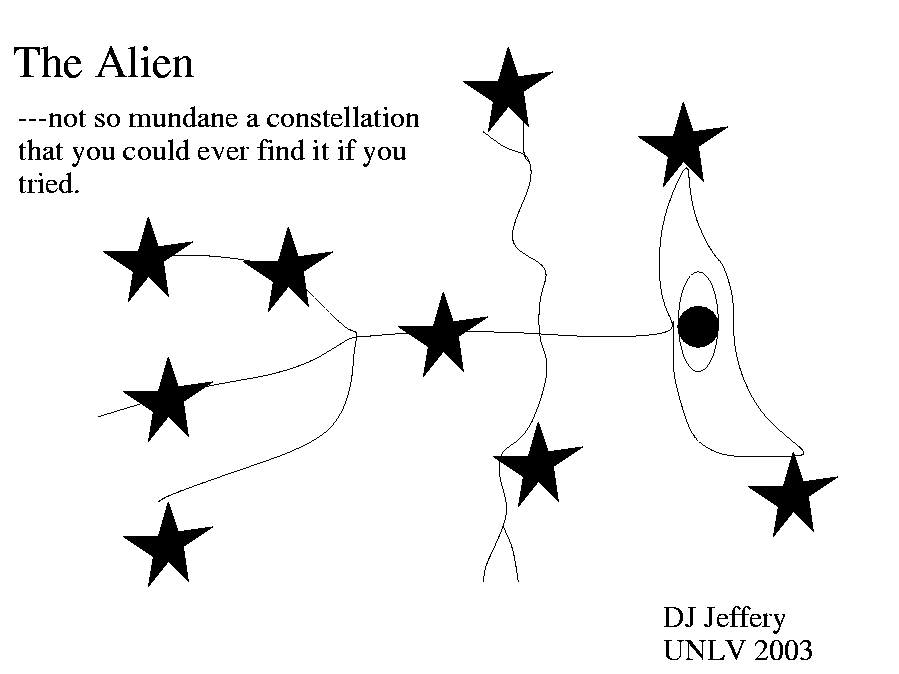

For courses for science majors, there are both multiple-choice and full-answer problems. For courses for non-science majors, the problems are all or nearly all multiple-choice problems.
Almost every problem has a complete solution.
The books are all written in plain TeX---which seemed like a good idea at the time I started this series---i.e., circa 2000.
Only when I am actually teaching a course for which a problem book exists do I work on that problem book to any significant degree. So the books are not always be updated.
The ideas for the problems come from many sources including a few I've just whipped up myself. However, the problems and books are all my own work.
I am retaining copyright on the books, problems, and problem-selection software. I am NOT putting these items in the Public domain.
But I hereby give blanket permission for you to use, modify and add the files for personal or educational purposes. You may distribute the files under the same conditions. Anything you add to the files yourself is your own copyright with which you can do anything you like, of course.
No express permission is required to download the files linked from this page.
However, since I want to keep the solutions hidden insofar as possible from students, any prospective course instructor users must ask me to email them the actual TeX files for the problem books. Those files are NOT linked from this page.
The problems are written in my own special format which includes an identification code used for problem selection. Users can create new problems by using old problems as templates.
Of course, users are at liberty to change the format and develop their own software for problem selection.
I have hacked together over the years a procedure for problem selection for homeworks, quizzes, and exams and for the creation of problem books.
It is rather klutzy, but it works. It has history and charm.
The procedure is based on a Unix operating system.
You need to define a top directory which I call "/course", but you can call whatever you like.
The necessary software for problem selection from the problem books and creation of output files follows.
TeX style files for output files. They go directory /course.
Example TeX input files for creating homeworks, quizzes, and exams. The files can be modified to suit your own purposes in many different ways. You may have to explore a bit since detailed instructions would tedious.
You have to remove the ".txt" suffix from the TeX files.
For each course, you create a subdirectory using an abbreviated name for the course prefixed by "c_".
Thus, for a course with abbreviated name "name", there is a directory /c_name.
For example astint is the abbreviated name introductory astronomy and its directory is /c_astint.
In each directory /c_name, you place a problem book file for course name. The name of the file is always exambank.tex.
The exambank.tex files are NOT available online. Course instructors have to ask for them to be emailed. I am trying to keep the solutions somewhat secret.
Each directory /c_name has a subdirectory /homewk (NOT "/homework").
In directory /homewk, you put the input files for creating homeworks, quizzes, or exams for the course name.
The procedure for creating a homework, quiz, exam, or book of problems is as follows.
For creating a homework, quiz, exam go to directory /course/c_name/homewk
and type
cp input.tex tmpa
where input.tex could be, for example, astint_example_exam.tex or astint_example_home.tex.
For creating a book of problems, you don't need the just-given step.
In directory /course, type
examsel.x
One is given the prompt
Give the course name.
and one types any of
namea
nameb
namec
named
What do these inputs mean?
Well "name" is the abbreviated course name.
What is the trailing letter for?
Well:
tex tmp.tex
dvips -o tmp.ps tmp
ps2pdf tmp.ps
which creates tmp.pdf
which you could rename anything you like.
And that's all.
Let me know if you have any problems and I might be able to help.
The following list contains the available reasonably adequate problem books (without solutions) in pdf format.